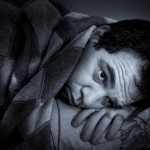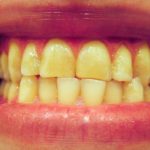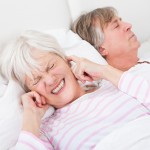
This review of the prevalence of tooth grinding and/or clenching in children and adolescents with neurodevelopmental disorders and other developmental anomalies included 77 studies from 2 countries. However a large proportion of the studies were at high risk of bias so the findings need to be interpreted with caution.
[read the full story...]

